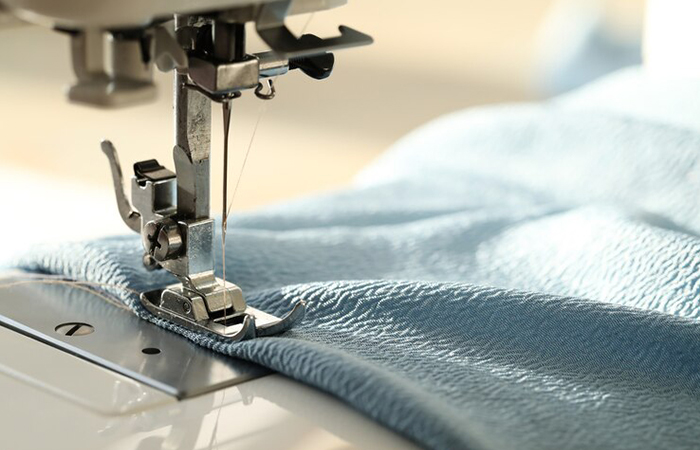


Humans have a fundamental need for clothing, and the apparel sector is the second largest polluting in the world. We investigate sustainable clothing by reputed USA t-shirt suppliers, defined as clothing created from natural fibers and least detrimental to the environment, to satisfy this worldwide need without endangering the natural resources that power our supply chains. These materials produce less carbon emissions and have a more negligible negative environmental impact.
The requirement for a change in the apparel industry should begin with producers looking into alternative raw materials that will have less of an effect on the environment at the very beginning of the production process:
Organic cotton, which has increased recently, can be a more environmentally friendly substitute for conventional cotton. Theoretically, by attempting to eliminate toxic pesticides and other chemicals from the production process, it seeks to minimize the environmental impact on cotton production. However, the certification of organic cotton has lately been scrutinized after it was found that a large portion of the fiber sold by t-shirt suppliers as organic may not be.
Choose recycled cotton if you want to use a sustainable type of fabric. Cotton waste from the post-industrial and post-consumer periods is used to create recycled or upcycled cotton. Compared to conventional and organic cotton, recycled cotton is more environmentally friendly.
Right now, hemp is present everywhere. The “sober cousin” of marijuana is incredibly adaptable; it’s utilized in food, construction, and cosmetics and has been grown and used as fabric for hundreds of years.
Hemp is grown worldwide, making it far healthier for the environment than other crops because it uses less water, has no pesticides, and naturally fertilizes the land it grows in. Hemp is one of the oldest fibers in the world and is an excellent material for clothing items sold by shirt manufacturers.
Another plant we’ve grown for ages is linen. It comes from the flax plant, a very adaptable crop like hemp. Linen may thrive in poor soil and with little water and pesticide use. Additionally, every portion of the plant is well-spent because it is all consumed. Strong, naturally moth-resistant, and entirely biodegradable when left untreated, linen is a great fabric. It absorbs moisture without retaining bacteria, is light, can tolerate high temperatures, and is beneficial for the environment.
Wool is a tough animal-based fiber valued for its tenacity, coziness, and longevity. Wool requires many resources to produce naturally, and ethical issues are involved. Given how much of the fiber is already in use, recycled wool, like that traditionally treated in Italy, dramatically minimizes the environmental and ethical implications and is thus becoming a popular choice. It is versatile and straightforward to combine with different materials, including fleece.
With a more significant value placed on leftover materials from the manufacturing process, such as abandoned clothing or offcuts, the demand for virgin wool is declining in the sector.
The shirt manufacturer USA may become more sustainable with careful planning, which will help businesses increase their profits while reducing their environmental consequences.






